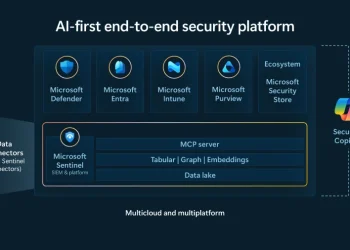May 1, 2025 – Newly unsealed court documents reveal that Meta is projecting between $460 billion and $1.4 trillion in revenue from its generative AI initiatives by the year 2035 — a dramatic leap for the tech giant increasingly focused on artificial intelligence.
According to the documents, which surfaced during a legal battle involving authors accusing Meta of using their copyrighted books to train its AI without permission, the company estimated it would earn $2 to $3 billion from generative AI in 2025 alone.
What’s Fueling Meta’s AI Ambitions?
Meta has been ramping up monetization opportunities around its AI tools, including:
- Revenue-sharing partnerships via its Llama model ecosystem
- A newly launched API for Llama customization
- Long-term plans to integrate ads and premium subscriptions into Meta AI, the company’s personal assistant
CEO Mark Zuckerberg confirmed these ambitions during Meta’s Q1 earnings call, emphasizing the critical role AI will play in the company’s growth.
AI Spending Tops $1 Billion, With Infrastructure in Focus
The court filings also reveal the company is pouring vast resources into AI. In 2024, Meta spent over $900 million on its “GenAI” division, and 2025’s budget is expected to surpass $1 billion — excluding the massive infrastructure investments also underway.
Meta plans to spend between $60 billion and $80 billion in capital expenditures this year, primarily to support data center expansion and AI model training infrastructure.
Copyright Clash Over AI Training Data
One of the most controversial revelations involves Meta’s decision not to license copyrighted books. The documents claim Meta considered spending $200 million in 2023 to acquire training data, half of which would have gone toward book licensing — but ultimately chose alternative, less formal methods. The lawsuit suggests the company instead relied on mass ebook scraping to build its training dataset.
In response, a Meta spokesperson told TechCrunch:
“Meta has developed transformational open AI models that drive innovation and productivity. We believe our use of content falls under fair use, and we strongly dispute the plaintiffs’ claims. We will continue to defend the development of generative AI for the benefit of all.”
What’s Next?
Meta’s bold forecast positions it as a dominant force in the generative AI space, but the copyright lawsuits, massive financial bets, and public scrutiny will shape how that future unfolds.https://www.youtube.com/watch?v=u34M38UCnlQ














